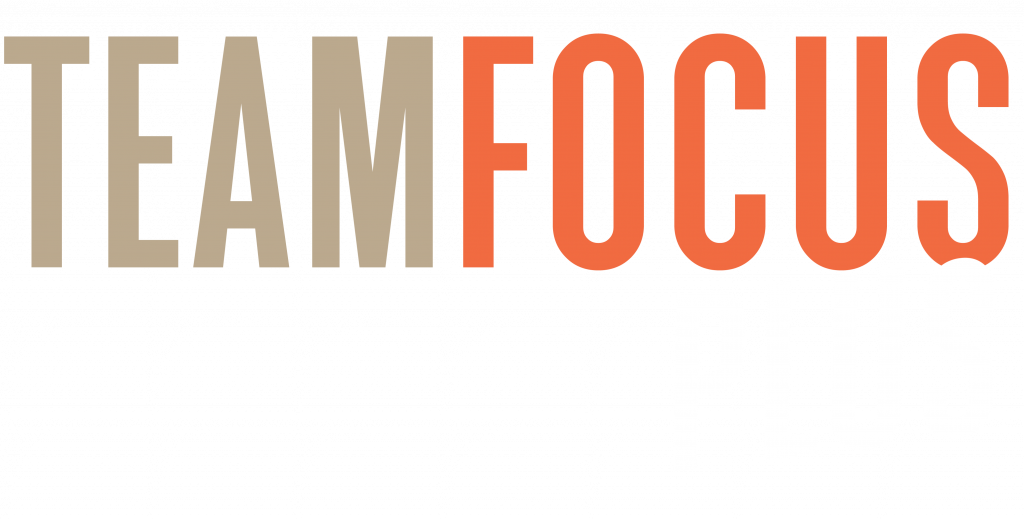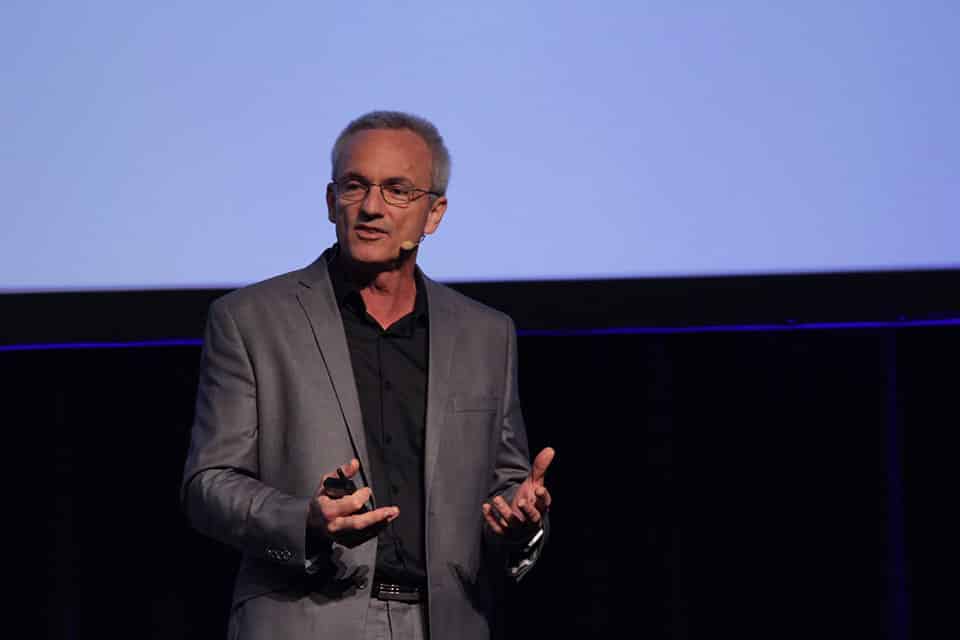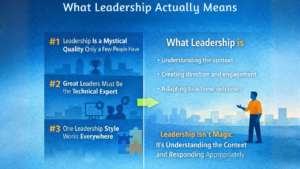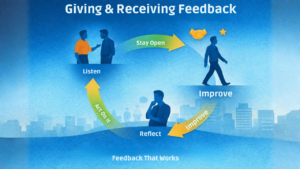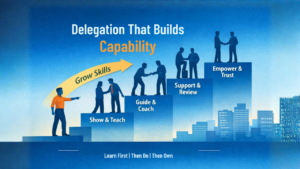Original Article from CEOWorld Magazine – 12 November 2019 – Comments by Ross Judd
Dieselgate: A Corporate Culture Lesson Worth $20 Billion
The Volkswagen Dieselgate scandal remains one of the most infamous examples of leadership culture failure in recent corporate history. A potent mix of unrealistic demands, fear-based leadership, and weak ethical safeguards led to deliberate deception—resulting in over $20 billion in fines, billions more in brand damage, and a cautionary tale for all of us.
What makes this scandal even more shocking is how preventable it was. It wasn’t a single rogue actor—it was a systemic organisational failure rooted in culture.
The Culture Behind the Crisis
To understand what happened, you need to examine the culture at the time. A new diesel engine was needed to break into the US market, one that complied with tough American emissions standards. It had to be cheap, powerful, and fuel-efficient—an impossible combination given current technology.
Rather than admit the challenge, engineers installed software to cheat emissions tests.
US Department of Justice monitor Larry Thompson described the environment as a “corrupt corporate culture.” It wasn’t that people lacked personal ethics. But under intense pressure and without a psychologically safe workplace, their behaviour bent to the culture around them.
This is one of the clearest examples in modern business of how culture and compliance are deeply intertwined.
Key Lessons for Australian Leaders
1. Culture Shapes Behaviour—Even When It Conflicts with Values
Despite “responsibility” being one of VW’s core brand values, the company’s behaviour was anything but. This disconnect shows that values are meaningless without reinforcement. In Australia’s context—where informal leadership and peer influence are strong—this is a particularly relevant warning.
People look to their leaders for cues. When they observe those leaders ignoring risks, cutting corners, or dismissing dissent, they adapt accordingly—even if it violates their own ethics.
This is where strong organisational ethics in Australia need to be more than policy—they must be lived, visible, and aligned from the top down.
2. Leadership Signals Matter
In all likelihood, VW’s CEO never explicitly told employees to cheat. But his behaviour—demanding success at any cost—sent a clear message. Failure was not an option. That expectation set off a domino effect that led to fraud.
This is a crucial reminder that leadership culture failures often start with tone at the top. If your leaders model transparency, responsibility, and courage, your culture will reflect it. If not, you risk creating blind spots and ethical vulnerabilities.
3. Culture is More Powerful Than Systems
You can have the best compliance systems, training, and performance frameworks—but if your culture contradicts them, people will follow the culture.
Culture is the collective expectation about what “normal” looks like in your organisation. And it is shaped most directly by leadership behaviour.
In Australia’s business landscape, where teams are often self-directed and informal influence is strong, this becomes even more critical. Australian business ethics must be embedded not only in policy, but in the everyday conversations and decisions of leaders.
Moving Forward: Build an Ethical, Aligned Culture
To avoid your own version of Dieselgate, start with this simple principle: culture must be aligned with purpose.
Help teams understand how their work supports the organisation’s purpose.
Regularly discuss what kind of culture is needed to deliver that purpose.
Model and reinforce desired behaviours—consistently, visibly, and with intent.
This approach shifts people from reactive compliance to proactive ownership of their values—resulting in cultures that elevate brand, strategy, and impact.
Final Thought
The VW Dieselgate culture failure was not just a scandal—it was a leadership and cultural systems failure. The lesson for Australian organisations is clear:
Culture will always shape behaviour.
The question is—what kind of culture are your leaders creating? Talk to us!
